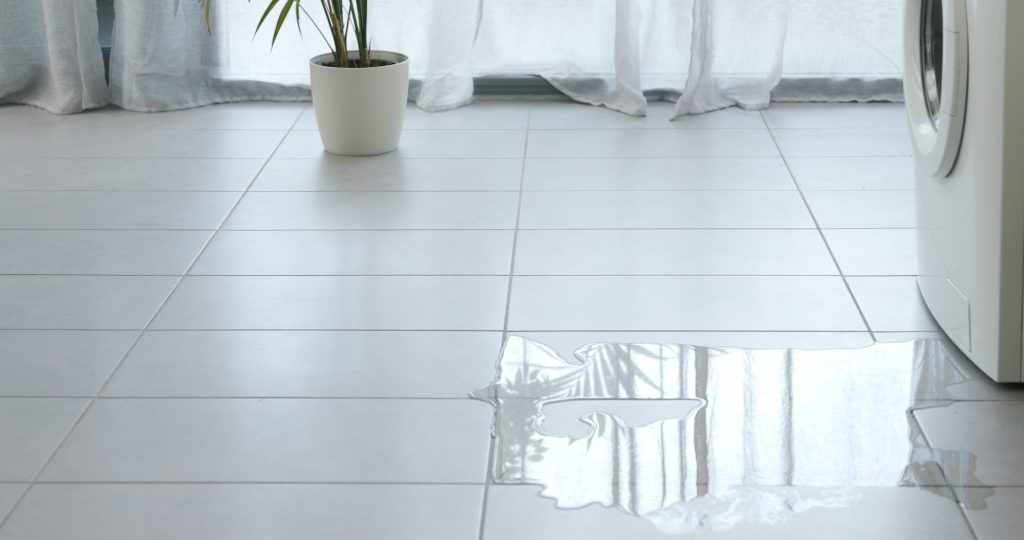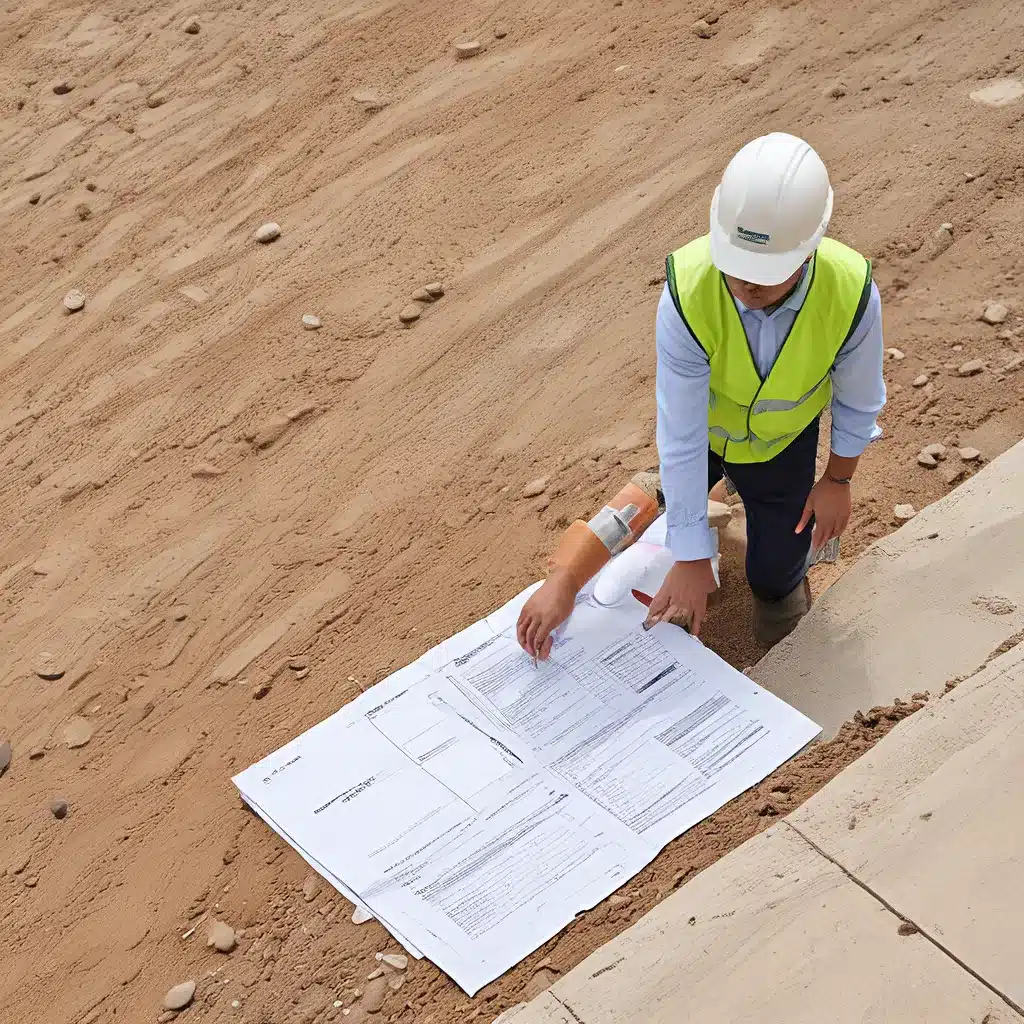Water damage can be a devastating experience for any homeowner. It can cause significant damage to the structure of your home and lead to costly repairs. The effects of water damage can also be long-lasting, leading to mould growth, weakened walls and ceilings, and a decrease in the overall value of your property.

To help prevent water damage in your home, here are some top tips to keep in mind:
1. Check Your Plumbing Regularly
The first step in protecting your home from water damage is ensuring your plumbing is in good working order. Regular checks of your pipes and appliances can help to prevent leaks and other issues that can cause water damage. Pay particular attention to areas where pipes are located, such as under the sink, attic, and basement. If you notice any signs of a leak, have it fixed immediately?
2. Install Water Alarms
Water alarms are an inexpensive and effective way to detect water damage before it becomes a significant problem. They are designed to alert you to any water leaks in your home, so you can take action before the damage becomes too extensive. Look for water alarms that are battery-operated, easy to install, and have an audible alarm that will alert you to any potential problems.
3. Maintain Your Gutters and Downspouts
Gutters and downspouts are crucial in preventing water damage to your home. They are designed to channel water away from your home’s foundation, helping to prevent water from seeping into your basement or crawlspace. Regular cleaning and maintenance of your gutters and downspouts can help ensure they function correctly and protect your home from water damage.
4. Fix Any Leaks Promptly
If you notice a leak in your home, fixing it as soon as possible is essential. Leaks can cause significant damage to your home over time, so it’s critical to address them promptly. Have a professional plumber come to your home to assess the situation and provide a solution.
5. Use Water-Resistant Materials
When renovating or building a new home, consider using water-resistant materials in areas prone to water damage. This includes using waterproof paint, waterproof flooring, and water-resistant drywall. These materials will help to prevent water from penetrating the structure of your home, reducing the risk of water damage.
6. Keep Your Home Well-Ventilated
Proper ventilation is crucial in preventing water damage in your home. Moisture can build up in poorly ventilated areas, leading to mould growth and other water damage-related problems. Ensure your home is well-ventilated, especially in places like the bathroom and kitchen, where moisture levels can be high.
7. Have a Backup Plan
In a significant water damage event, it’s essential to have a backup plan in place. This can include having a professional water damage restoration company on speed dial and having a list of items you need to move to higher ground to prevent damage. An emergency preparedness kit, including a battery-operated radio, flashlights, and a first-aid kit, is also a good idea.
By following these tips, you can help to protect your home from water damage and keep it safe and dry. If you experience water damage, it’s essential to take action quickly to prevent further damage and minimize the costs of repairs.
Related posts:
No related posts.




